Reality Capture & Digital twin Technologies
Spartan Scanning Solutions
Reality Capture and Digital Twin Solutions that Drive Sustainability, Reduce Environmental Impact and Improve Facility Operations and Control



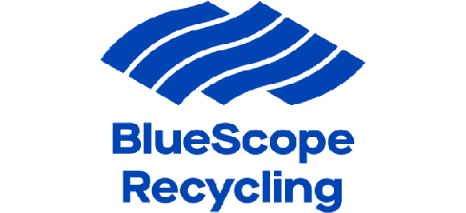
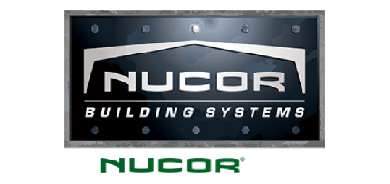


SPARTAN SCANNING
Take the first step to reducing facility downtime
- Optimize Plant Effeciencies
- Identify Bottlenecks
- Data Unification
- Centralized information
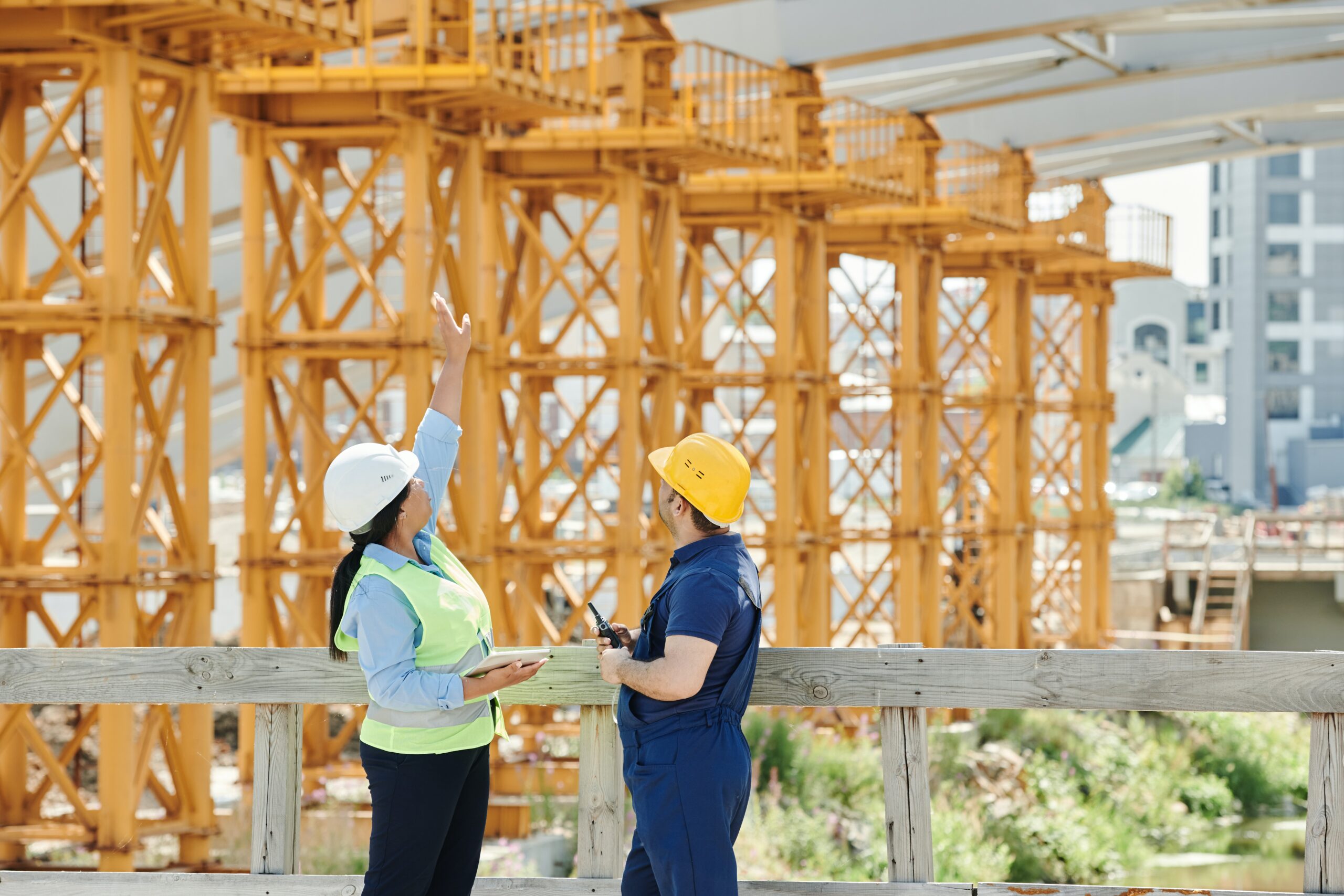
Need help?
Call us today to speak to one of our experts!
how we help
We make having the data you need to operate your facility easy and accessible
Spartan Scanning Solutions In The Field
Recent Projects
Scan. Plan. Deliver.
We visit your site, plan our scan, deliver you results.
01. Book a free virtual Site Visit
We send you a 360 degree camera and deliver you the same result as if we were onsite. without you having to commit to anything.
02. Get your scan plan
Plan out the entire process. Start to finish.
03. Scan & Deliver
Choose from our standard deliverables or request bespoke solutions. Everything you need, Nothing you don't.
Wind Farms in Wales
Wind energy at Monaco
Jakarta Airport
From steel to paper and pulp
Industries We Specialize In
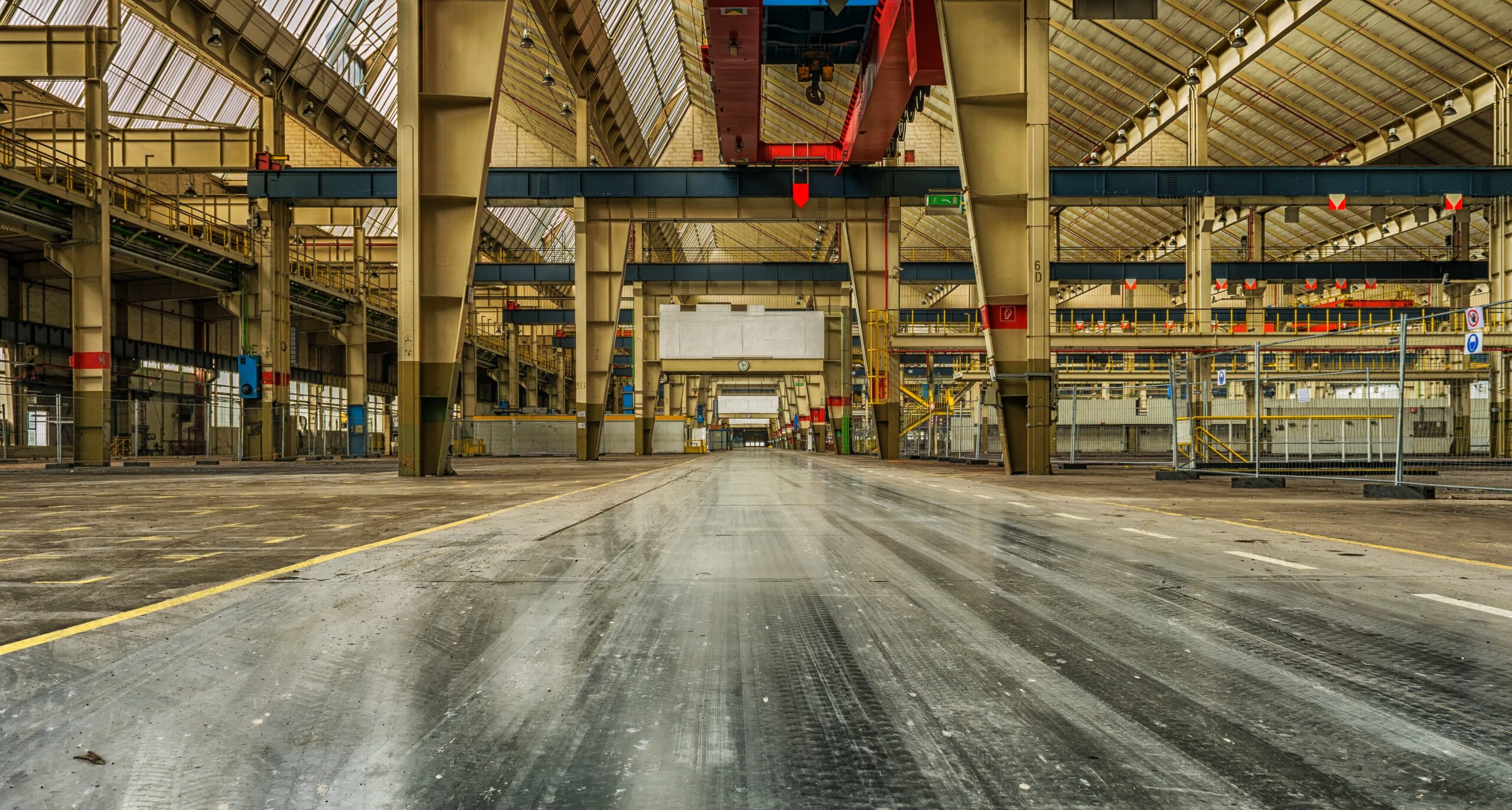
Steel
Need Help?
World’s premiers engineering company.
Lorem ipsum dolor sit amet, consectetur adipiscing elit. Ut elit tellus, luctus nec ullamcorper mattis, pulvinar dapibus leo.
Testimonial
What they says about us



BLog
Our Content Library
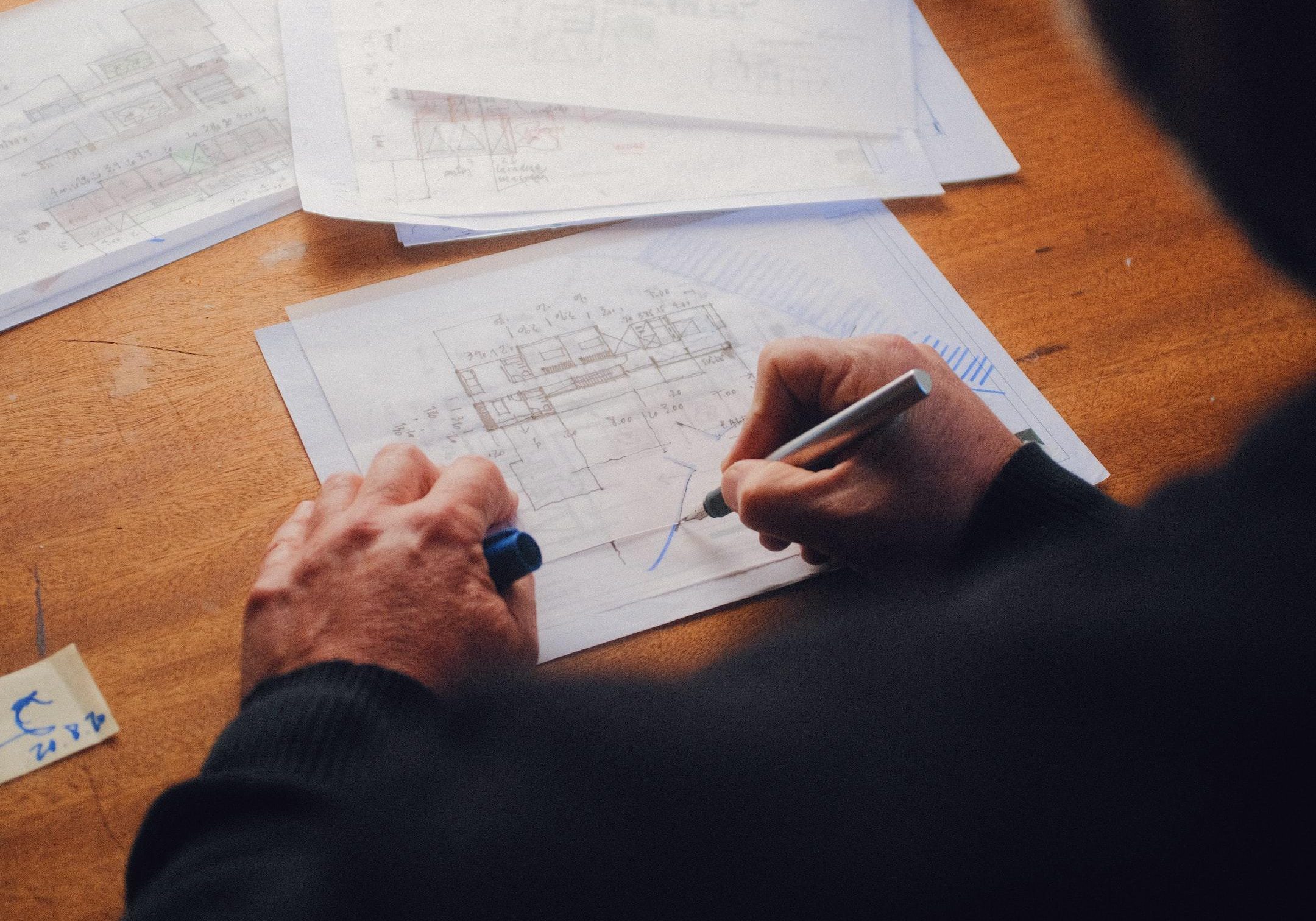
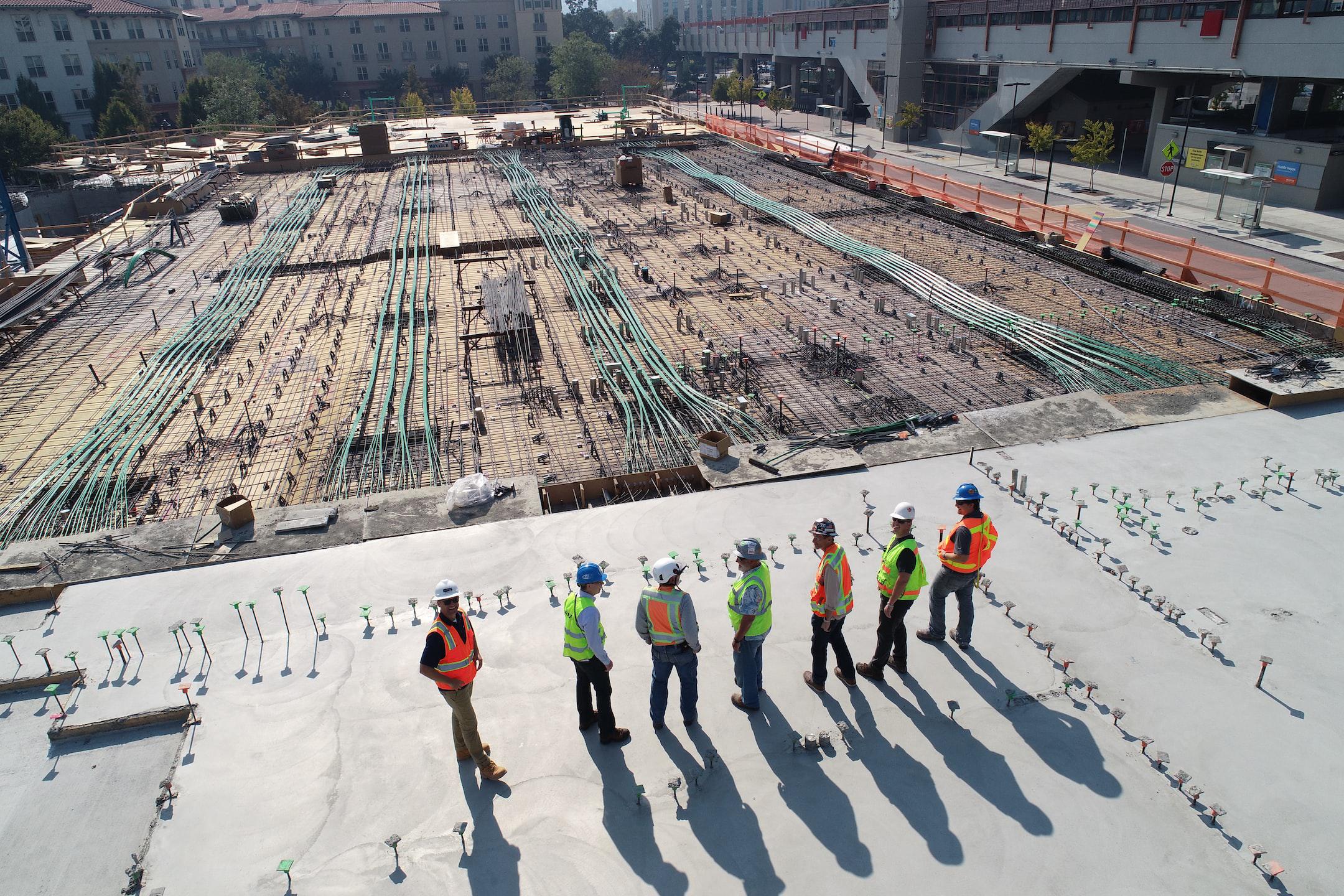
Scanning Solutions You Need for Different Types of Projects
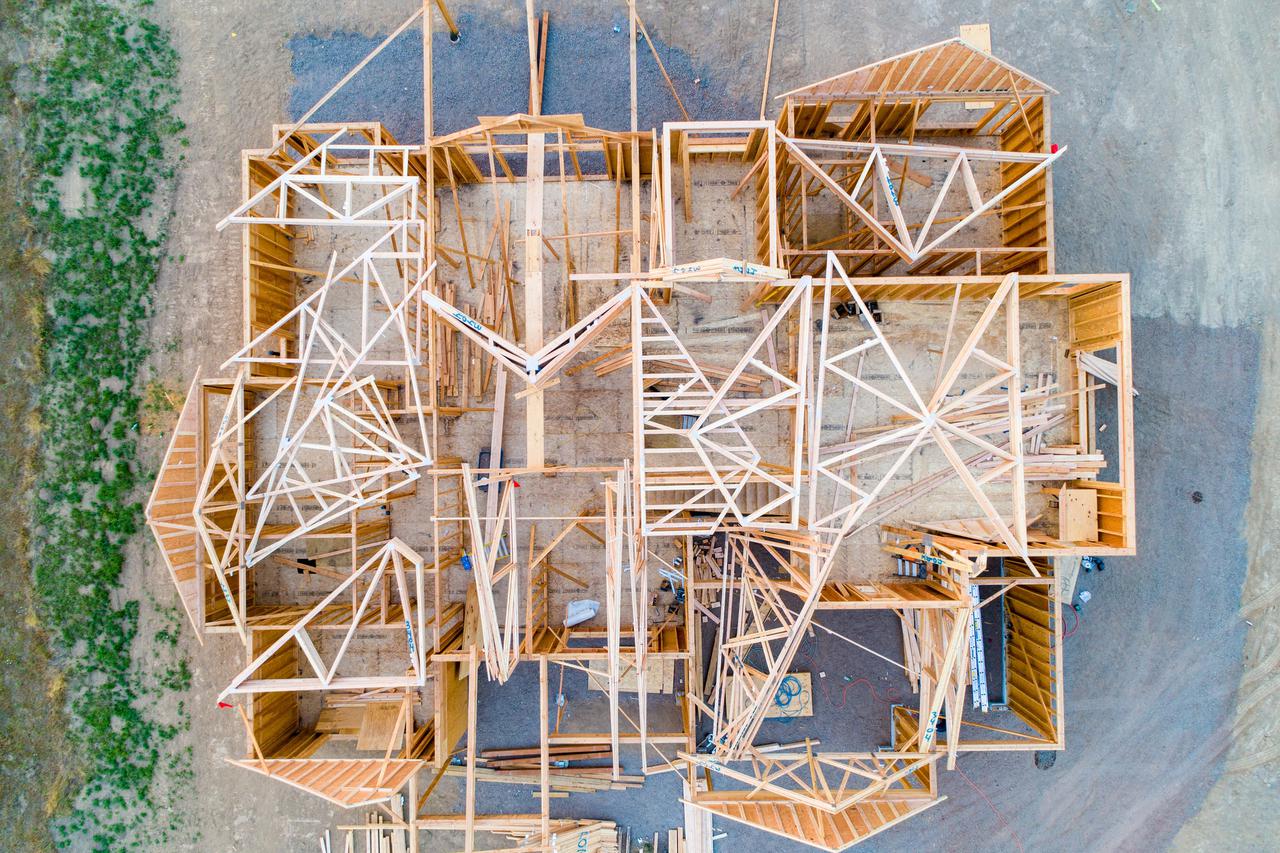
What to Expect From Your Scan to BIM Process
FAQ
Frequently Asked Questions
Reality capture can capture a wide range of data, including geometric measurements, textural information, color and lighting, as well as metadata such as GPS coordinates and time stamps.



